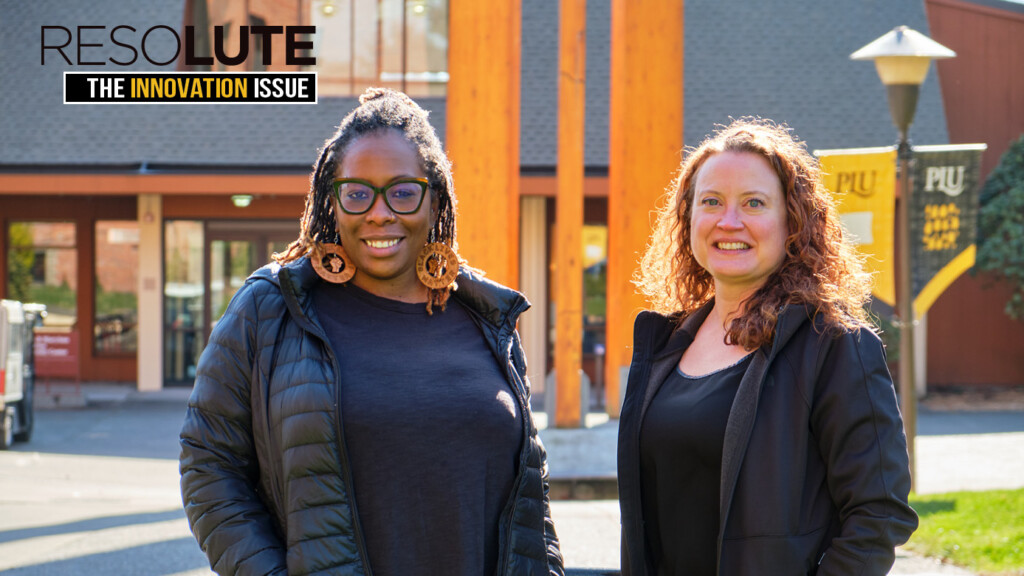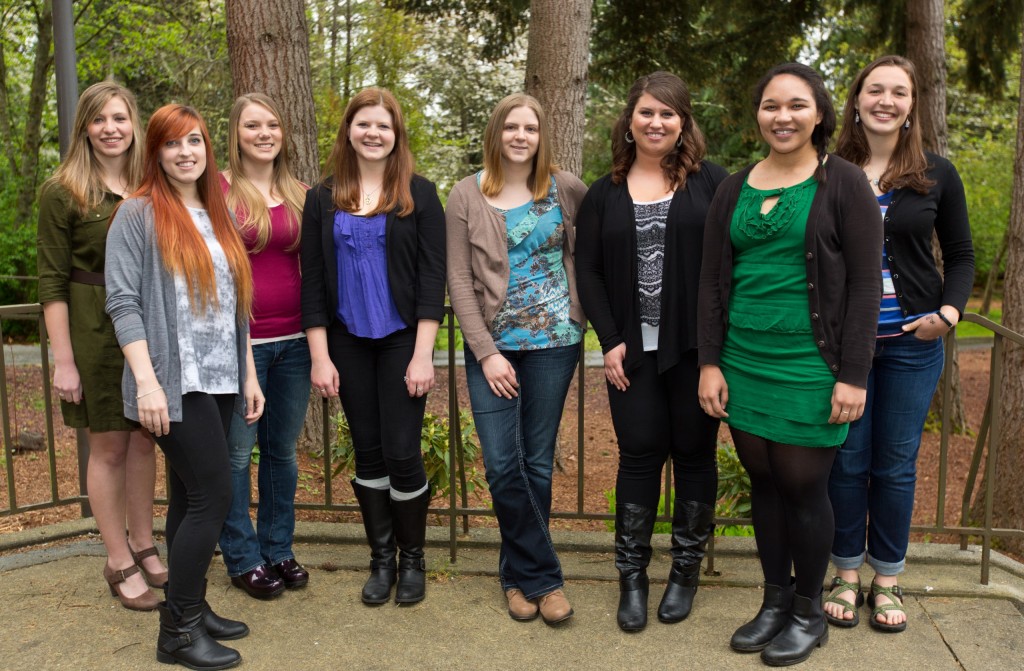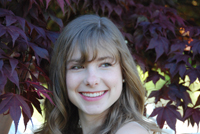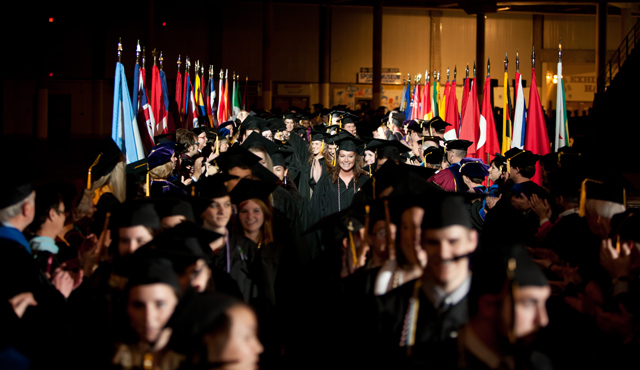Page 9 • (89 results in 0.099 seconds)
-

During the 2022-2023 academic year, 237 PLU students participated in global and local study away programs to acquire new perspectives on critical global issues, advance their language and intercultural skills, form valuable new contacts and lasting connections, and advance their academic and career trajectory. We…
Orthodox religion and culture. During our lunch break, some of the locals of Delphi warmly welcomed us and invited us to go inside the church. They were proud to share the magnificent architecture from both outside and inside the church. Delphi, Greece January 28, 2023 Scenes from Around the World CategoryBe inspired by your new surroundings. Qualifying photos for this category may include wildlife, plants, natural and urban landscapes and landmarks.1st Place Riley Graniczny “Sunset on Bacolet Beach
-

In 2022 — when polarities abound and institutions and individuals alike have been called to reflect, redefine and transform — what does it mean to call the work of equity “innovative”? As a concept, innovation can be used interchangeably with words like ingenuity, progress, newness,…
beliefs, practices, imaginings that people have attempted to erase or eradicate. That’s a different way of thinking about the work. Maya: Which I think, like Tyler said, is resurfacing, returning, unearthing and making space for things to breathe after having been buried.Narrator: (With a sigh of appreciation into the thoughtful silence following that evocative image, remembering Maya had focused her studies at PLU “around inequality and its intersections with our natural environment.”) Whew. Tyler
-

Housing is something many of us take for granted. Much more than just a place to sleep and a structure to shelter us from the elements, our homes provide the space we need to maintain a functional life. It’s where we manage our mental health,…
critical to moving major housing projects forward, but securing these funds can be daunting, even for the professionals. Developers, property managers, and owners must sort through complicated income and rent limit formulas to qualify for affordable housing tax credits, tax-exempt bonds and other public funding. These formulas come from the Department of Housing and Urban Development (HUD), in addition to city, county, state, or federal affordable housing programs. Programs designed to fund and build
-

In January 2006, a group of PLU students — bundled up in warm coats, gloves, hats and sturdy boots — stepped carefully from the boat on which they’d been traveling onto the rocky and icy shores of Antarctica. This intrepid class helped seal a spot…
are different from your own. I’m from a very rural place (my graduating class was 39 students), so coming to PLU in general and then going to downtown Tacoma for J-term on the Hill, which is even more urban, was a little bit of cultural shock for me. It was very similar to other study away experiences in that I went to a different community to able to learn from them and how to work with them. Every study away experience has had some kind of aspect of service to it, which I’ve really loved because
-

TACOMA, WASH. (May 20, 2016)- It’s the season for awards, banquets, recognition and a whole lot of celebrating for Pacific Lutheran University students as they approach Commencement 2016. The ceremony will mark the culmination of several years of hard work, community involvement and the pursuit…
, an urban arts youth center in Tacoma. Adams also studied away in Trinidad and Tobago in 2014, is finishing up a teaching assistantship in the Department of Sociology and recently completed his capstone on “How consumer credit is another form of social regulation and segregation.” Adams will soon begin work on a Master of Social Work from the University of Southern California, but the Mount Tahoma High School graduate decided to enroll in the online program so he can begin a career serving people
-

On the Path to Peace Communication Professor Amanda Feller’s peace-building cohort, all graduating in 2014, comes together at PLU. From left: Caitlin Zimmerman, Lauren Corboy, Sydney Barry, Kendall Daugherty, Rachel Samardich, Rachel Espasandin, Jessica Sandler and Anna McCracken. (Photo: John Froschauer/PLU) Eight Graduating Women Give…
Caitlin Zimmerman throughout their impressive college careers. “From the moment they arrived at PLU, they all were doing this work, whether in social justice or inequality and inequity,” Feller said. “They’ve all crisscrossed. Most have done a full semester abroad; almost all are involved in the Network for Peacebuilding and Conflict Management. Students who do that work come my way.” Together the cohort incorporates the essential role of communication in understanding the nature of conflict and of
-

In their own words Compiled and edited by Chris Albert This spring, new PLU graduates closed a chapter in their lives and prepared to turn the next page. In the following, some Lutes shared their stories of why they came to PLU, what their experiences…
Libby, Mont. Why PLU? A few important factors helped me choose that PLU was the place for me. First, I wanted a culture change and to far be away from home. Growing up in rural Montana where everybody knows everybody and they all happen to be your fifth cousin, I wanted to get away from the small town life and experience an urban area in a controlled environment. The PLU “bubble” was exactly what I was looking for. Secondly, I was looking to play soccer for a university in the Northwest Conference
-

For the 2012-2013 academic year, 877 students will have graduated from PLU. Spring Commencement takes place Sunday, May 26 in the Tacoma Dome. (Photo by John Froschauer) In their own words Compiled and edited by Chris Albert This spring, new PLU graduates closed a chapter…
my life in. My PLU experience: My PLU experience has been nothing short of transformative. When I arrived at PLU, I was a caring, but largely apolitical, person. After four years of learning about the extent of inequality and injustice that exists throughout the world, I have been motivated to learn more about the forces underlying oppression, and to struggle against those forces. This intellectual and political transformation is a result of my participation in the global studies, Hispanic
-

More than 850 students will graduate from PLU for the 2011-2012 academic year. Spring Commencement takes place Sunday, May 27 in the Tacoma Dome. (Photo by John Froschauer) In their own words Compiled and edited by Chris Albert This spring, new PLU graduates closed a…
important factors helped me choose that PLU was the place for me. First, I wanted a culture change and to far be away from home. Growing up in rural Montana where everybody knows everybody and they all happen to be your fifth cousin, I wanted to get away from the small town life and experience an urban area in a controlled environment. The PLU “bubble” was exactly what I was looking for. Secondly, I was looking to play soccer for a university in the Northwest Conference and I knew that the program was
Do you have any feedback for us? If so, feel free to use our Feedback Form.


